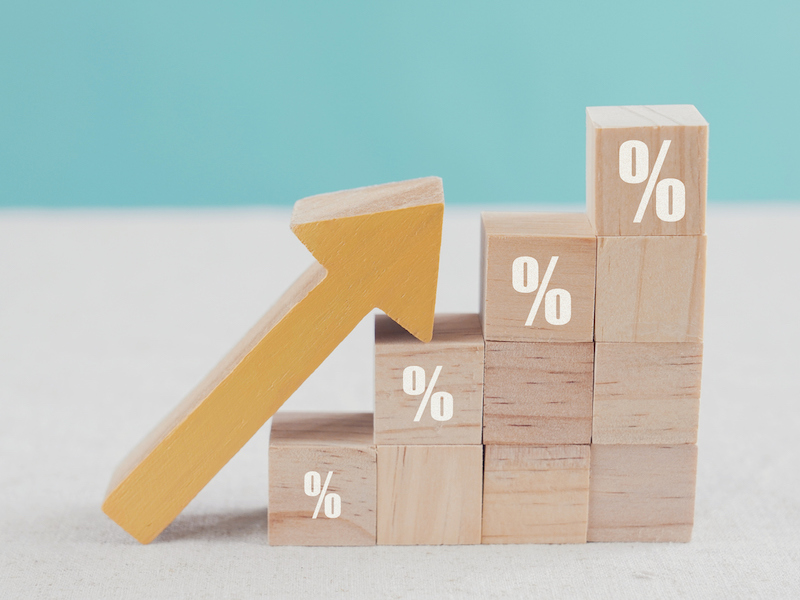
As the post-pandemic recovery continues, central banks are grappling with persistent inflation concerns — a factor that’s pushing up rate hike forecasts, according to RBC Economics.
In a new report, the firm said markets are betting that central banks may have to move sooner rather than later on rate hikes due to intensifying inflationary pressures.
Like many of the world’s major central banks, the Bank of Canada is seeing rising inflation due to ongoing supply chain challenges, labour shortages, and strong commodity prices, RBC noted.
Yet, policymakers remain reluctant to raise rates until the post-pandemic recovery is further entrenched, and so they continue to indicate that they expect inflationary pressure to ease on its own.
While markets have driven up short-term yields in anticipation of higher rates, RBC holds a more cautious view.
It now sees the Bank of Canada hiking rates three times in 2022, starting as soon as April — but also noted that this is less than the four or five rate hikes that markets are currently forecasting.
Similarly, for the U.K., RBC said, “We now look for hikes in December and February but think market pricing for Bank Rate to hit 1% by the end of next year looks too high.”
In the U.S., RBC is currently expecting just one rate hike next year, starting in late 2022.
Again, markets are more hawkish, pricing in two hikes next year based on growing inflation worries.
“With headline inflation expected to slow toward 2% over the course of 2022, we think the Fed can wait until later next year to begin raising rates,” RBC said.
“But if inflation continues to surprise to the upside and hiring proves sluggish, expect the Fed to field more questions about whether it can continue to hold rates low until maximum employment is achieved,” the bank added.